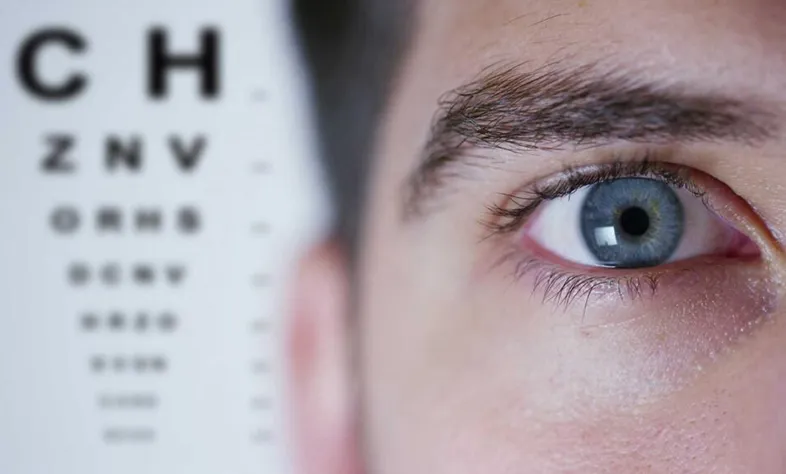Is 20/20 vision the perfect vision?

The idea of Perfect Vision is pretty complex and confusing. Generally, visual acuity of “20/20” or “6/6” is considered perfect vision. But, it is better to consider 20/20 visual acuity normal vision rather than perfect vision. So there are many questions you may have running in your head right now. Let’s dive in!
What is 20/20 vision acuity?
The acuity of vision is the measuring criteria to evaluate the clarity or sharpness of a person’s seeing ability. Testing visual acuity is the first step of eye examinations. To test this, the patient will be asked to read letters or symbols from the Snellen chart at an approximate distance of 20 feet with one eye closed. If you can read the smallest line of letters/symbols in the chart from a distance of 20 feet with both your eyes, you have the vision of an average person, that is 20/20 vision.
If you have 20/40 vision, it means that you can read or see things at a distance of 40 feet that an average person can see from a 20 feet distance. If you can only read the single letter/symbol on the top of the chart, you have 20/200 vision, and you will be legally blind.
The visual acuity tests help identify common refractive errors such as nearsightedness, farsightedness, and astigmatism.
Is it possible to have better vision than 20/20 vision?
Yes. 20/10 or 20/15 visual acuity is pretty normal among many young people and children. It means they have sharper and clearer eyesight than those with 20/20 visual acuity. It is because of their better health and minimum damages to the eyes like sunlight exposure or blue light exposure.
But neither 20/20 vision nor 20/10 vision can be considered ‘perfect vision’. Because visual acuity only measures the sharpness of your eyesight. Good eyesight is also comprised of many other visual skills like eye coordination, depth perception, peripheral awareness, focusing ability, and color vision.
What to do when you have less than 20/20 vision?
If your visual acuity is less than 20/20 ( for example, 20/30, 20/40, or higher), your eye doctor will perform a comprehensive dilated eye checkup. This eye checkup will help figure out what causes the errors in your visual acuity. Depending on your diagnosis, your doctor will mostly prescribe corrective lenses, eye health supplements, or a vision therapy program. It is advised to do regular eye checkups whether you have 20/20 vision or not. It will help you diagnose potential eye diseases at the earliest.
How to maintain and improve your eyesight?
The answer is simple and direct. Lead a healthy lifestyle! Now, this may sound cliched, but this is what you have to do to get those healthy, shiny pair of eyes.
Back to the question, is 20/20 vision the perfect vision? Well, no! And there is no such thing as a ‘perfect vision’. The eyes of each species on this planet are blessed with different skillsets that help them survive. Human eyes can’t do what a hawk’s eyes can do. What we can do is to take care of our eyes in the best way possible. So make your eyes a priority. Make them feel seen!